Alex Cheong Pui Yin
25th March 2022 - 4 min read
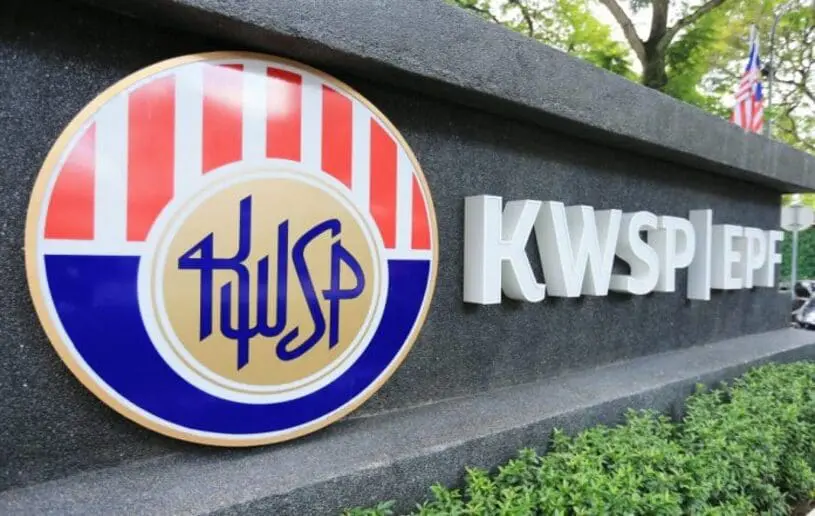
Last week, Prime Minister Dato’ Seri Ismail Sabri Yaakob announced that a special one-off EPF withdrawal of RM10,000 will be made available to Malaysians, set to open for application soon on 1 April 2022. This is with the specific aim of helping individuals who are still facing immediate financial struggles due to the Covid-19 pandemic, and not for those who wish to withdraw for other non-essential purposes.
To reiterate this, the senior shariah and international unit manager of the Federal Territory Islamic Religious Council Zakat Collection Centre (PPZ-MAIWP), Ahmad Husni Abd Rahman has reminded Muslim individuals that those who make non-essential EPF withdrawals will be required to pay a 2.5% zakat based on the amount withdrawn.
What is zakat?
In short, zakat is an obligation in Islam where individuals are required to donate a portion of their wealth to assist those who are less fortunate; in other words, for charity. As one of the five pillars of Islam, there are two types of zakat that you should be aware of: zakat fitrah and zakat harta.
Zakat fitrah is essentially a mandatory levy that must be paid by all Muslims every year, regardless of age, gender, or wealth. This is usually paid during the holy month of Ramadhan, as it is an obligation to do so before the start of Eid prayers.
Meanwhile, zakat harta is paid only if you meet a specified set of minimum requirements. There are several types of zakat harta, such as those imposed on earnings, businesses, savings, gold and silver investments, farming and livestock, and – of course – EPF withdrawals.
Zakat and EPF Withdrawals
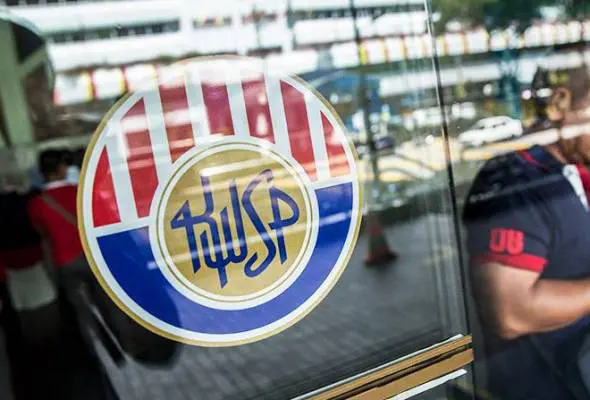
Even under ordinary circumstances (during pre-Covid-19 days), Muslim individuals are required to pay a 2.5% zakat when they make selected withdrawals from their EPF savings. As you can see in this detailed clarification by PPZ-MAIWP here, a fatwa (a legal ruling on a point of Islamic law) was issued to guide the process, stating that zakat is obligatory for most EPF withdrawals (from both Akaun 1 and 2), except for funds taken out for hajah asliyah purposes.
To clarify, hajah asliyah refers to an individual’s basic needs, such as food, health, education, clothing, and shelter.
As such, this same ruling also applies to all Covid-19-related EPF withdrawals, including the latest special RM10,000 withdrawal facility announced. Unless you are caught in unfortunate situations such as those mentioned below, your EPF withdrawal will be subjected to zakat:
- Individuals who are in need of money for basic or important needs, such as medicine, food, and education
- Individuals with income problems, and who require money to continue living
- Individuals with debts that must be settled immediately
To note, PPZ-MAIWP had also previously stepped forward before to clarify that applicants of the i-Lestari and i-Sinar withdrawal facilities are required to pay zakat if they do qualify for it. The EPF’s FAQ for i-Lestari, too, explicitly mentioned this requirement.
***

Ultimately, the decision to allow yet another round of EPF withdrawal despite growing concerns of old-age poverty was not one that was made lightly by the government. In his announcement, Prime Minister Dato’ Seri Ismail Sabri said that a comprehensive study had been carried out among those who are still rebuilding their lives, and it indicated that these individuals are still in need of help.
That said, the prime minister urged all Malaysians to be prudent in making their withdrawals, and to only withdraw if absolutely in need. This is especially given the fact that 6.1 million members have less than RM10,000 in their EPF accounts, of which 3.6 million have less than RM1,000 – leaving them vulnerable and unprotected for their retirement.
The latest RM10,000 EPF withdrawal is the fourth Covid-related withdrawal facility to be rolled out after i-Lestari, i-Sinar, and i-Citra. It will be open to members under the age of 55, with applications taking place between 1 to 30 April 2022, and payments to be disbursed starting from 20 April 2022.

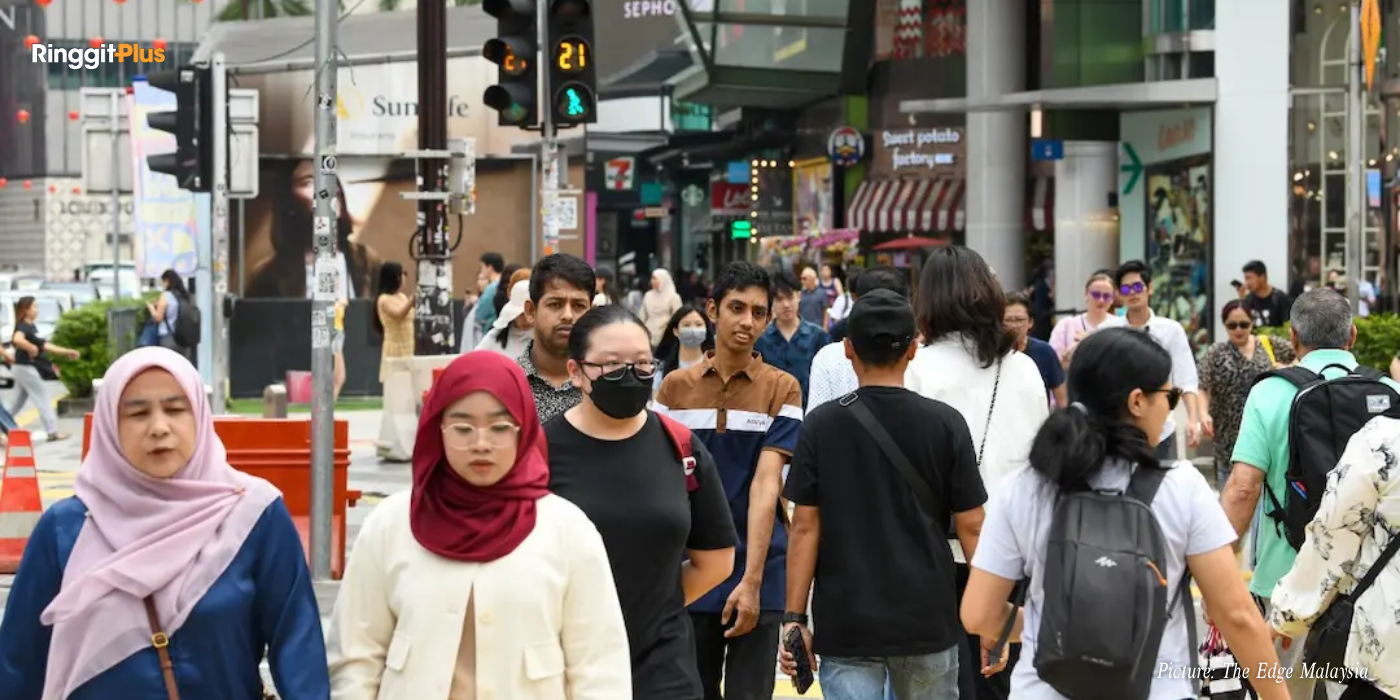

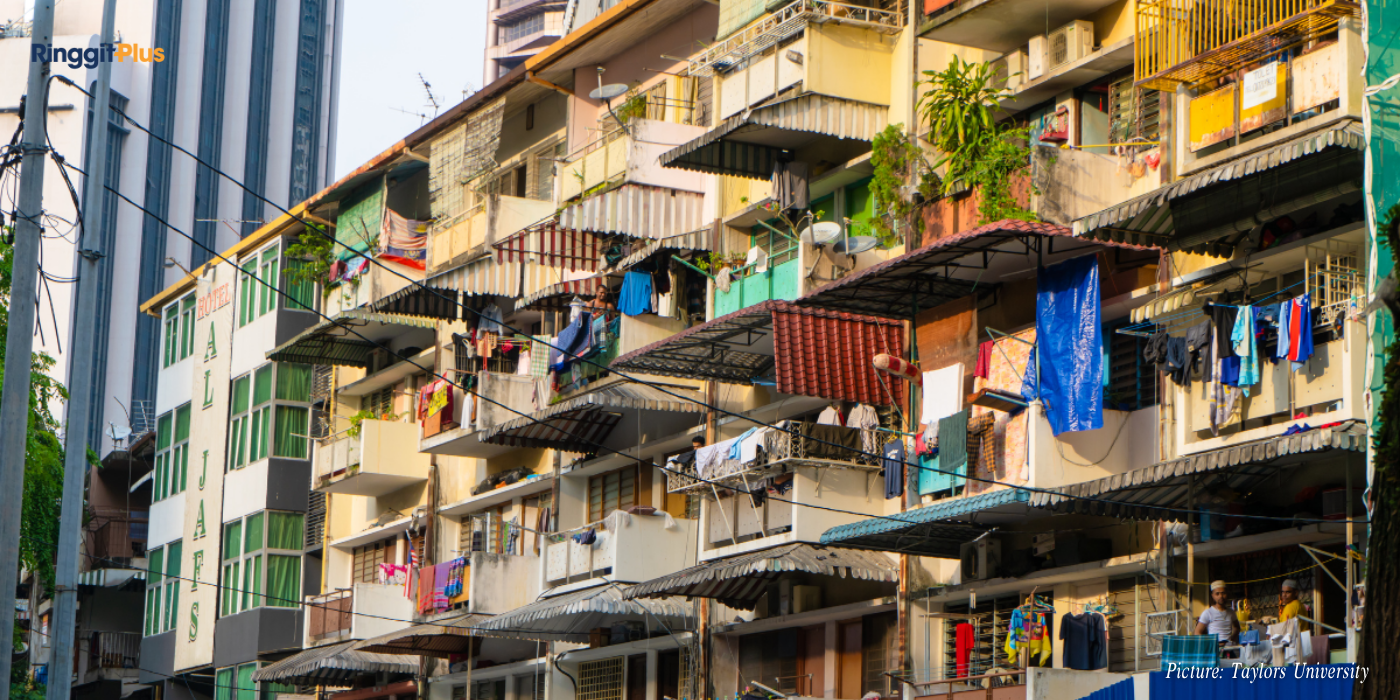


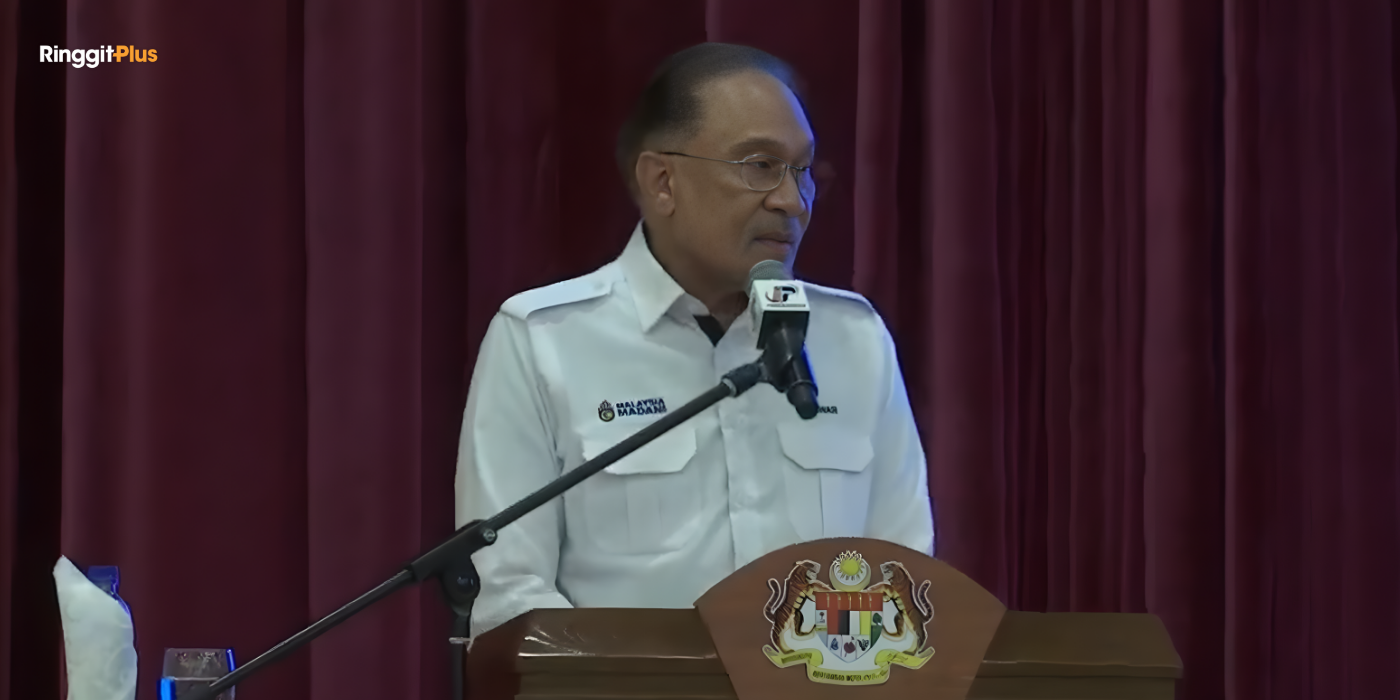


Comments (0)